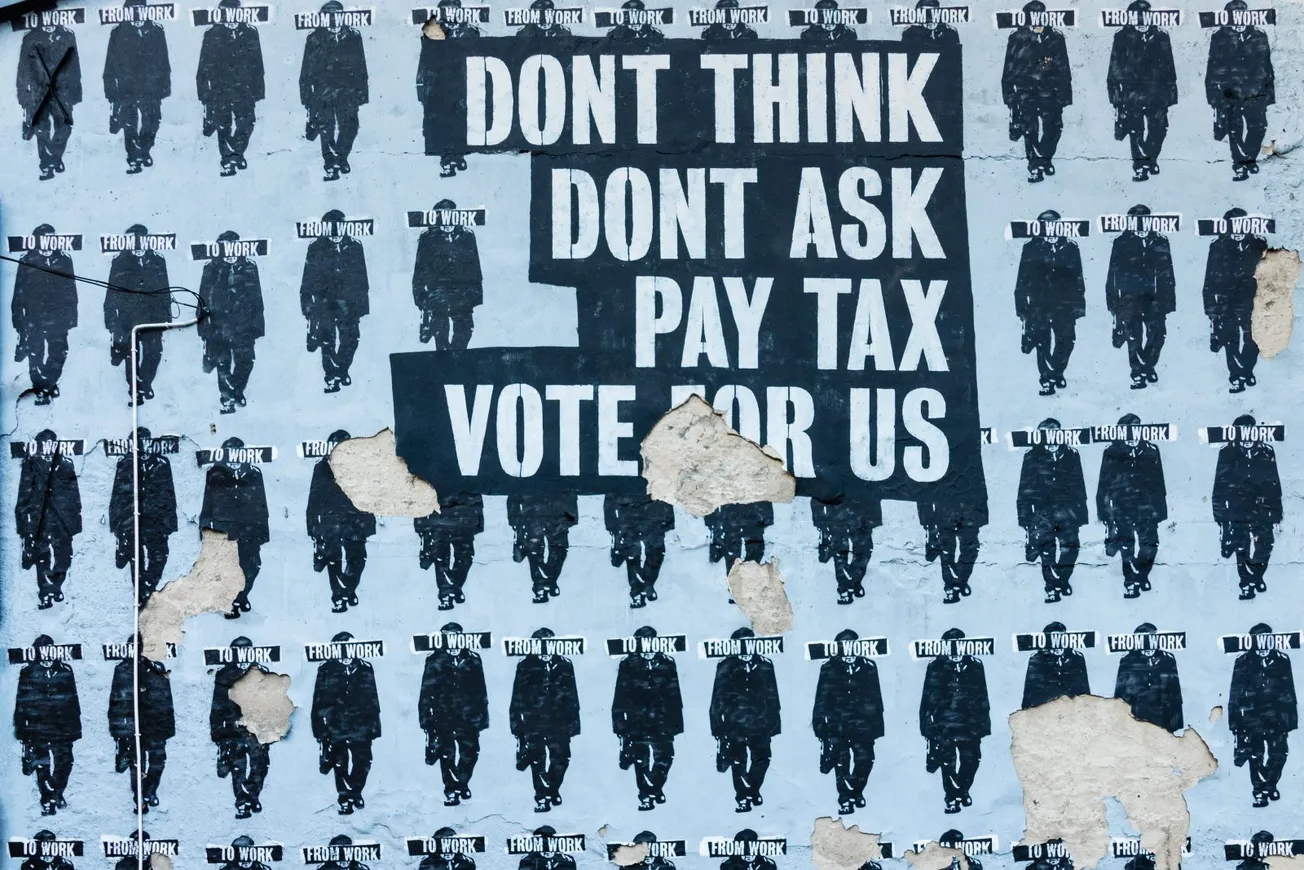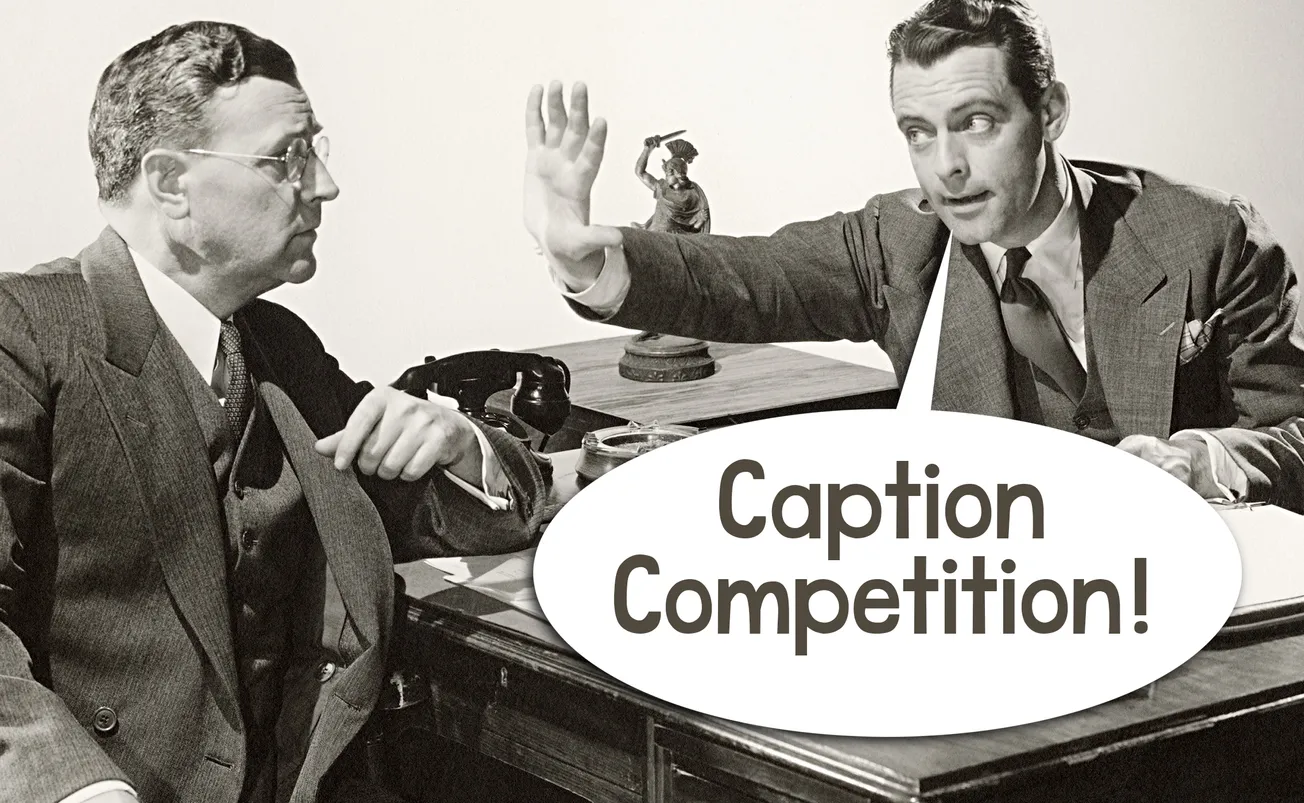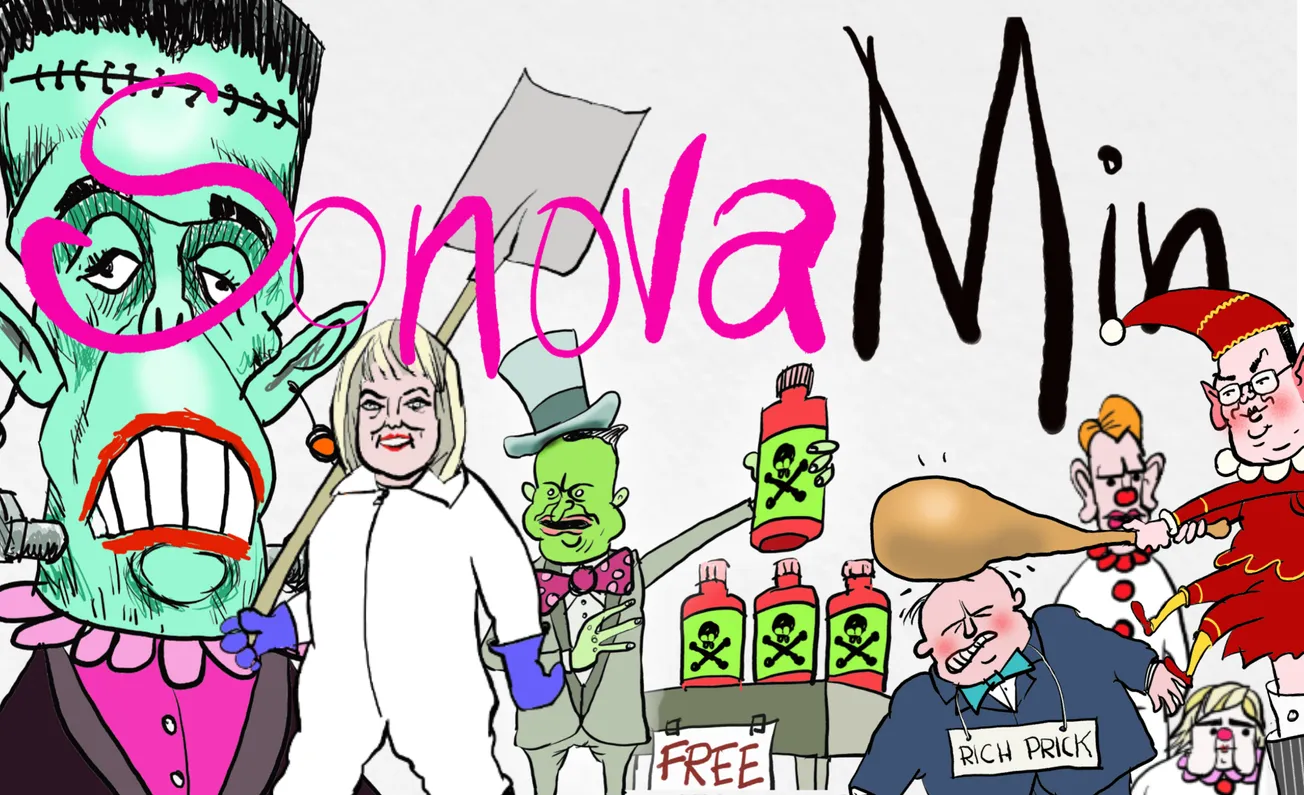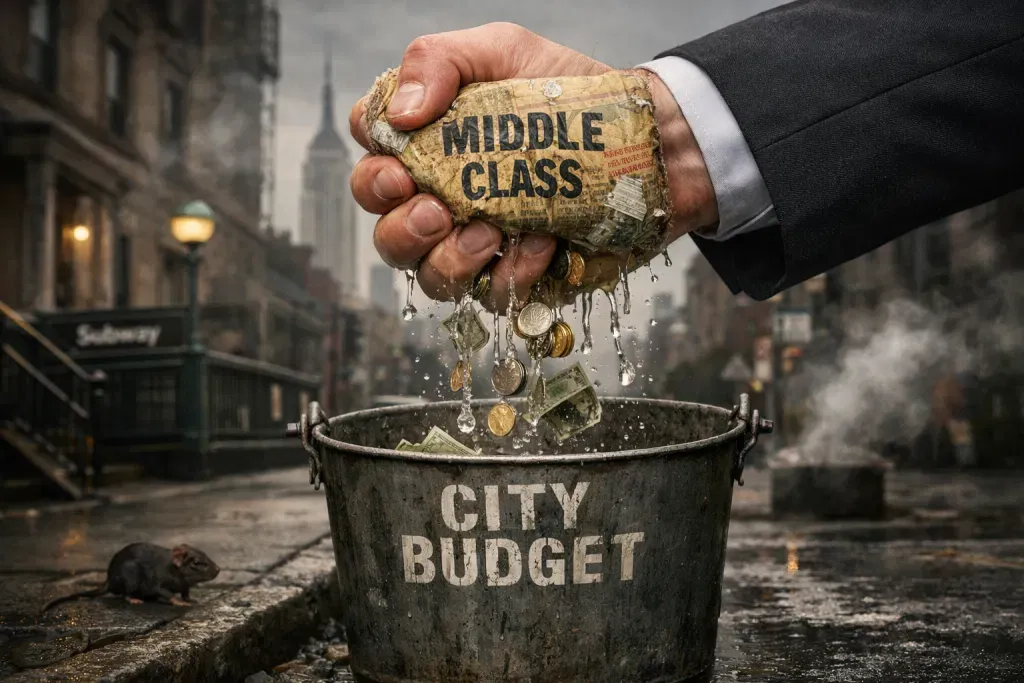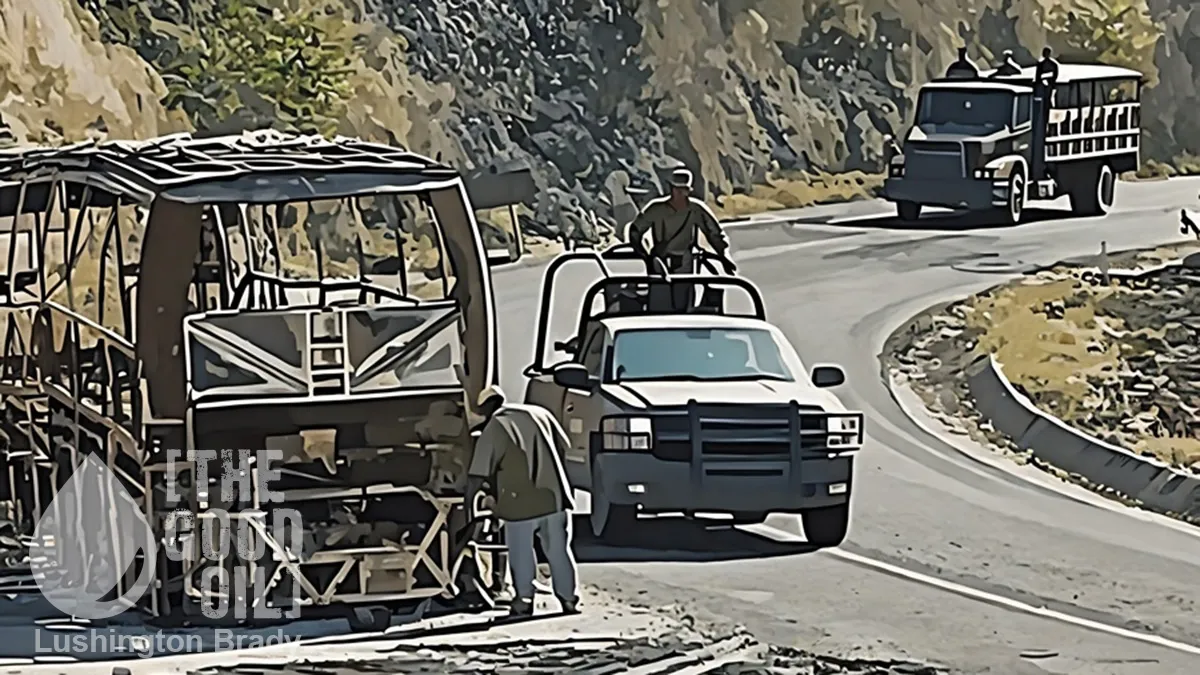Table of Contents
BFD Political corner: Election 2020 is a series that features political speeches, political ads and political campaigns on Social media from a range of different political parties in the lead up to the New Zealand election.
Today we have the ACT Party:
ACT Leader’s Address to Election Campaign Launch – ASB Waterfront Theatre, 12 July 2020
Introduction
Thank you very much. Elections in New Zealand – like everywhere – are a very special tradition, because they are driven by you. They’re an opportunity to change your future.
If you think about it, the Government doesn’t do much. It publishes the date, sets up polling stations, and prints the ballot papers.
Everything else is done by you. The Government might set up the stage, but it is you who writes the script and plays the central part. The story is yours.
Richard Prebble likes to remind us that each person can claim only one five millionth of what this country has to offer. And every person can make a difference in an election.
I want to thank each of you here for packing out the ASB Waterfront Theatre. I especially want to thank our 51 candidates, standing to raise the party vote up and down New Zealand.
In your program for this event is a tribute to one candidate who sadly couldn’t be here today. Stu Pederson was a cheerful, intelligent man respected by his political allies and opponents alike. It is tragic that he very likely would have been an ACT MP this year. I acknowledge his sister, Margot, and his wife, Pamela who are here with us today.
This event would not be possible without the tireless work of many volunteers. Guy Quartermain, our videographer, made the fantastic content that’s punctuated the live speeches.
But I especially want to thank Regan Pollock. Without Malcolm Pollock none of this could have happened. Thank you, Regan, but I’m sorry to say the preparations could only last six months. Tomorrow, we are sending him home to you.
This event is possible because so many people give up their time to invest in our democracy. They don’t do it for kickbacks, because ACT has no special trust or foundation, they do it for a better country.
So, I want to thank each and every one of you for being here today.
The world has changed
It’s possible that this time next year, COVID-19 will be a distant memory, but it’s not very likely.
Much more likely, the virus and mutations of it will swirl around the world for years to come. We are living in a pandemic world, and New Zealand will have to change with it.
So far, we have had more good luck than good management. We are going to have to reverse that before our luck runs out.
I won’t dwell on the whole saga but let me just give one example of what I mean.
Did you notice how the national strategy changed three times, while Parliament was shut down, with no debate?
First, we were going to ‘flatten the curve.’ COVID-19 was going to spread through the population just slowly enough for the healthcare system to keep up.
Then the strategy was elimination. We were going to eliminate COVID-19 from our shores.
Then we found out elimination didn’t actually mean elimination. It turned out epidemiologists have their own meaning of elimination which means ‘keep it to a manageable level.’
Then it turned out the strategy was eradication after all, and now we find ourselves as a haven cut off from the world.
Through all of this, if you questioned, you were an enemy of the state, liable to be set upon by angry mobs, but only online from the comfort of their home, of course.
Our geography actually gives us a massive opportunity, if we get smart about the choices in an open and transparent way.
People face great uncertainty
Every day I hear from people uncertain about their future.
Small business owners know more about the economy than any economist. They have to get up and make a product or service people want to sell at a price they can afford, or their livelihood will die out.
The current situation means they have little ability to plan, especially to the extent that they depend on global travel.
The Epsom electorate is New Zealand’s education electorate. In only 20 square kilometres, it boasts 30 schools. Almost all of them rely, to different extents, on revenue from international students.
There is no plan to get international students that they’re aware of. The Secretary of Education recently told principals that there won’t be any international students until the 2022 year.
Universities are frantically cost cutting as they try to adjust to the new reality, but uncertainty makes that new reality all the more difficult.
Any business that relies on people coming in and out of the country needs certainty and needs a plan. You might be amazed at the variety of businesses affected.
Up the road from where we find ourselves today, the government and council are trying to build a rail tunnel. Most of the world’s tunnellers do not live in New Zealand. For some reason they tend to be French. Rail projects are notorious for going over time and over budget. And that’s when they can get the right people.
You can apply that basic story to any high skilled engineering project in the country.
The fishing industry relies on overseas crews coming to staff boats. If they cannot fish, they go out of business, taking many onshore jobs with them. There may be unemployed Kiwis, but you cannot take someone off the dole and send them out to the Southern Ocean for a month next week.
The horticultural sector, and its many jobs in packhouses and administration, is wholly dependent on seasonal workers.
I haven’t mentioned tourism or hospitality yet, but the problem for this $40 billion dollar industry is obvious enough.
Young people face the twin uncertainties of public debt and economic upheaval. And they know who’s going to be stuck with the bill for it all.
Now, some of you may know I had a brief stint as a celebrity dancer. One of the consequences is that I amassed quite a following of teenagers. If you think they’re too young to vote, you haven’t heard of text voting.
They ignored me for a couple of years when my dancing career was cruelly and abruptly ended, but over the last few months I’ve had a lot of messages.
They say, ‘who is the Government borrowing all this money off, and who will pay it back?’ They don’t usually follow politics, but they know something’s up. They’ve heard the news or conversations with their parents, and they’re not stupid. They know it’ll be them paying it for a long time.
Before the COVID-19 crisis, we had an anxious generation setting out into the world with an uncertain future. What sort of jobs, in what sort of economy, will they face?
That uncertainty has just been massively compounded and I worry that this crisis will have permanent and compounding effects on current teens and twenty-somethings. That is, unless we act to change our future.
The message is not, ‘let’s open up tomorrow and see what happens,’ but ‘we need to talk about what our national strategy actually is.’
Government failure
None of this should be surprising.
The current Government has failed at everything it was elected to do. And just imagine where they’d be in the polls had COVID-19 not come along. After all:
It was elected to be open and transparent, but we know more about New Zealand First’s funding arrangements than what this Government’s up to.
It was elected to solve the housing crisis, and it gave us Phil Twyford.
It was elected on a promise to build light rail to the airport, and it gave us Phil Twyford, again!
It was elected to solve child poverty, and child poverty went up.
It promised to make New Zealand safer after the tragedy of March 15. It managed to alienate the entire licensed firearms community and make three quarters of the firearms it banned disappear. And most importantly, as we heard earlier in Nicole’s brilliant speech, they have done nothing to make New Zealanders any safer.
Let us never forget, this Government was elected with a forecast surplus of $6 billion for 2020. Even before COVID-19, and with $3 billion of extra tax, it was down to a $1 billion deficit. Forget about ‘fixing the roof while the sun is shining’. This lot decided that a few weeks’ good economic weather meant that it was a good time to sell the roof altogether.
This Government failed at everything it set out to do and went $10 billion over budget in the process. When you think about it, that is quite a feat.
Where this Government has succeeded is in having the best PR of any government in the history of our country.
The spin it has put on its failure has been extraordinary.
Today, we face the same basic problem of spin over substance. Labour’s election campaign manager is also managing the border. Policy is being made for Labour’s re-election, instead of for New Zealand.
We plainly deserve better from our government. We can turn our good luck into good management, but we will have to do three things.
Lead the world in public health instead of public health rhetoric.
Be honest about the debt.
And seize the opportunity of being an island nation on a pandemic planet.
Those are the challenges that any new government will face on September 20. We will have to end the government-by-focus group, fear and groupthink. We will have to look into the future and confront our problems strategically.
Lead the world in public health with an open, transparent, tech-savvy approach
We are given a daily dose of fear with tacit demands for gratitude. We are told that our options are either:
(a) Remain in almost total physical isolation from the world for an undefined future, running deficits, and borrowing money, or;
(b) Open up the border too soon, let COVID-19 back in, go back into lockdown, and possibly die.
Some choices! In New Zealand, under this Government, you will either be dead, broke, or maybe just dead broke.
The Government’s approach is to lock people down in a small number of hotels. So small that only 240 people per day can come through the gate. It would take 12 years for the reported 1 million New Zealand residents and passport holders to come home this way.
That’s before we talk about any of the skilled workers, let alone international students or tourists.
The bottom line is this: The Government’s approach is clearly, demonstrably unsustainable. There has to be a better way. And hardworking New Zealand taxpayers deserve better than this Government is giving us.
Instead, let us become the world leader in public health. We must openly pursue having the world’s smartest border, not as a rhetorical device, but a practical reality.
The goal should be smart borders that people and money can come through, but not COVID-19.
Here are five principles for leading the world in public health, with smart borders:
1. Stop preaching fear, and ask what we can do, not what we can’t do
It was FDR who said, ‘the only thing we have to fear, is fear itself’. And he could have been talking about the New Zealand election of 2020. The whole tone of COVID-19 policy management has to shift from fear to practicality. The Prime Minister told us tens of thousands would die. It’s now clear that was questionable at best. And yet, we’re still told almost daily that it’s dangerous to even talk about our long-term strategy.
The problem with this state of fear is that it spirals.
Two women get let out of managed isolation and drive home on the motorway. They talk to a man. Quick, did he die? No. Thank heavens. But that’s the end of compassionate leave, and heartache for many others missing funerals.
Some idiot escapes and goes to a supermarket. Now 200 police officers have to man every exit of every managed isolation or quarantine hotel.
Who knows what will happen next week? Everyone shipped straight from the airport to Paremoremo until they die of old age, just to be sure they didn’t have COVID-19?
The Government has put itself in an impossible position. It fed the fear, and now it must keep feeding it, or be swallowed itself.
The real losers are all those people who need openness but are gripped by the state of fear that the Government created as a management tool.
Every time there’s a Government mistake, the ratchet tightens, and opportunity gets tougher.
A Party Vote for ACT is a vote to change this script.
Yes, COVID-19 is a danger, but the reality is, it will still be with us for a while at least. And it is not the only danger we face. Instead of a state of fear, we need a state of open debate.
2. Have an open debate
Perhaps the biggest problem we face as a country is not actually health, education, welfare, or productivity. It is that we are losing the ability to debate and disagree civilly. It was a problem before COVID-19, when the Government was threatening to legislate what you can and can’t say through hate speech laws. And didn’t Chris Baillie put that case so eloquently earlier on?
Throughout the COVID-19 crisis, we faced groupthink on steroids.
The Government relied on a small coterie of advisors, who have often turned out to be wrong in hindsight. Worse, rather than informing debate, those experts have been used as enforcers for the party line.
We need an open debate about our options as a country. And let’s start with an adult and open discussion about what our strategy is:
• Is it to maintain a state of eradication at all costs?
• If so, what costs can we expect?
• Just how many people will be able to come in and out of the country?
• How long are we prepared to wait for a vaccine, and when will we change tack if it becomes clear one is not coming?
If staying isolated from the world is not an option, what risks are we prepared to take? How good is our contact tracing really? The Prime Minister once said it could be as effective as a vaccine, so how effective is ours?
Are we simply waiting for crucial information about how the pandemic evolves?
If so, what is it?
None of these questions are being answered because the Government refuses to entertain an open debate about New Zealand’s future.
The Government could call for submissions and host an open forum where all views, not just those of its preferred public health advisors, are heard. Instead of having just two people on the podium, we could draw on a range of views to change our future.
A Party Vote for ACT is a vote to tackle this once-in-a century crisis as an open democracy. A government that welcomes an open debate on our future.
3. Start working on a country-by-country basis
We should immediately be opening green lanes for our COVID-free Pacific neighbours. What’s wrong with Samoan workers coming to do horticulture, or New Zealanders going to Rarotonga? This is a geopolitical imperative. If we don’t wrap our arms around our Pacific neighbours, someone else will.
If we can’t open up to COVID-free countries that are essentially part of New Zealand anyway, then what can we do?
When asked about the Cook Islands, the Prime Minister said we couldn’t have people arriving from the Cooks because, if two planes arrived at once, it is impossible to separate the passengers.
Really? Maybe KiwiBuild, light rail, child poverty, PPE and contact tracing have dented her confidence in her own Government’s ability.
Taiwan is a world expert in public health. They went smart and went early. Why is the Government not announcing its intention to reopen a connection with Taipei? There are as many potential Taiwanese tourists as there are Australians, but they are richer and need global allies right now.
More importantly, we might learn something from them. We need to start with a can-do attitude. This could be the start of something really big. If a few plane loads of people manage to relax in Rarotonga without incident, who knows what we could do next?
A Party Vote for ACT is a vote to stop saying ‘everywhere is dangerous,’ and start asking ‘which countries can we safely open up to?’
4. Augment our public health response with better technology
We need to embrace the best technology. Can we reduce isolation times if people are tested before boarding the plane, tested again after their first week, then be released?
Lufthansa is already offering the service from Frankfurt. Imagine if the Government encouraged Air New Zealand to become the leader in airline COVID-19 testing instead of telling them not to fly?
Can we reduce isolation times if people are prepared to use GPS-traceable, wearable technology, and avoid certain areas? What will be the penalties for violation?
During the lockup, local MPs like me were bombarded with well-meaning people who had innovative solutions for fighting the virus. It’s not for me to champion any particular technology, just the idea that we need to start being open to it.
As MPs, the Government told us that we should give people an email address goodideas@police.govt.nz. I have not heard of a single person who got a helpful response from that email address.
ACT’s Alternative Budget said we should significantly increase public health funding and pursue the world’s smartest borders.
A Party Vote for ACT is to modernise public health from a world of spreadsheets and bungles to leading the world in epidemic response with the best technology.
5. Engage with the private sector
Can schools and universities that run hostels be trusted to run managed isolation programs? What should be the rules? What about RSE employers who are required to provide accommodation at a certain standard? Should they be able to bring workers in under strict rules with appropriate penalties?
Should hotels be able to offer managed isolation on a user pays basis? It would be much better than the Government strong-arming airlines to not come here.
The Government has been hopeless on this score. Rob Fyfe is one of the country’s greatest business leaders. He built the modern version of Air New Zealand that we knew and loved until a couple of months ago. He gave two months of his time to this Government for free and got nowhere. He left and they didn’t even thank him. An utter disgrace.
Altogether, a different future is possible. With everyone working together in a climate of possibility instead of fear, we could turn our good luck into good management.
A Party Vote for ACT is a vote to bridge the chasm between the public and private sectors that has grown up between the public and private sectors during this crisis.
Be honest about deficits and debt
I mentioned young people messaging me about debt. Those kids are right. Let me give you an idea of the numbers.
GDP is, or was, about $300 billion. Public debt was 20 per cent of GDP, or $60 billion.
Let’s break that down to something relatable. There are five million New Zealanders. So, GDP averages $60,000 each, and public debt was $12,000, for each and every one of us.
The Government just undertook to borrow and spend $140 billion, or another $28,000 per person.
That means that a family of five will have $200,000 of public debt on their behalf.
Treasury predicts that interest rates will return to normal over the next decade and interest on the debt will be $1,500 per person, or $7,500 for that family of five.
Treasury’s Fiscal Strategy Report tells us, eventually, we will spend more on interest than on education. Are you starting to see why young people are worried?
Some say other countries have much greater public debt. That’s true, but we have a couple of other factors to consider.
One is our private debt. If you combine public and private debt together, New Zealand has one of the worst Net External Positions in the world. In fact, in the West, only Portugal, Italy, Greece and Spain are worse on that count. That is not the company we want to be in.
Second is that we are a frontier society. We need a strong balance sheet to ride out earthquakes, agricultural diseases, and other things that sometimes happen when you live on the frontier.
That’s two reasons why we cannot afford wasteful spending.
Here are some more.
No matter what we do, economic activity and the government’s tax revenue will decline.
No matter what we do, there will be more people on the dole and needing assistance.
We have to stop the waste.
My favourite is the Barry Crump fund. Can you believe the Government is going to pay a billion dollars for 11,000 New Zealanders to go bush? Some of them will be planting pine trees, some of them removing wilding pines, and some of them shooting wallabies.
The only question is whether there’ll be more or less pine trees at the end of it, but with the Government’s ban on centre-fire semi-automatic rifles, my bet is on the wallabies.
People in Queenstown are aghast that the Prime Minister showed up for a photo opportunity and gave $10 million to AJ Hackett. We are not short of tourist attractions, they say. We need tourists!
There’s lots of that really crazy COVID-19 spending that just has to stop. But then there’s the business as usual spending that does not add up.
Remember, Treasury forecast a $1 billion dollar deficit even before the COVID-19 crisis. Now revenue is going down and some areas of spending will have to go up. There are three basic options.
Tax more. Spend less. Or, grow the economy faster.
We cannot tax more. We are already the highest taxed country on the Pacific Rim.
People wonder why investment and opportunity go to Singapore instead of New Zealand. Well, Singapore governments tax 17 per cent of the national economy. New Zealand governments tax 37 per cent. If you work, save and invest in Singapore, you get to keep 83 per cent. Here, you get to keep 63 per cent. Simple.
But it’s not just Singapore and Hong Kong that tax less. It’s Canada, the U.S., Japan, Vietnam, Korea, and Australia, too. All of them tax less than New Zealand.
If we raise taxes further, the economy will grow even slower. That’s why the Greens’ plan is so stupid.
That leaves spending less.
Can we afford a government that borrows a billion dollars a year to subsidise KiwiSaver? In the most uncertain economic environment in a generation, the Government is borrowing for New Zealanders to invest in the share market. It’s nuts.
Can we afford Fees Free tertiary education? It has not improved participation in tertiary education. Most of the benefit has gone to kids from high decile schools while those failed by the school system still don’t get a tertiary education at any price.
ACT’s Alternative Budget shows how we can return to surplus by 2023. It involves being honest about the debt, confronting our new reality, and reducing low quality spending.
With some people it won’t be popular to say it, but it’s the issue we need to face.
A Party Vote for ACT is a vote to be honest about New Zealand’s debt problem when nobody else will.
Seize the opportunity of a generation
If we can have smart public health and get back on a sustainable fiscal track, then I’m actually quite optimistic about New Zealand’s future.
Being an island in a COVID-19 world gives us choices that continental countries do not have. We can change our future by choosing how we engage with the world, but only if we’re prepared to think creatively, and have an open debate.
This could be the reset New Zealand has long needed, but we have to be honest about why our productivity hasn’t grown and, without population growth, our economy has not been firing.
Can you believe it took Watercare eight years, not to consent getting water into Auckland, but to get half-way up the queue to get consent?
If an organisation with the resources of Auckland Council can’t get a resource consent, imagine what it’s like for people who just want to extend their deck?
Resource management reform must be a priority of the next Government. Not a working group. Not a vague plan. But a clear commitment to replacing a law that is out of date, with workable resource management law based on real rights and responsibilities.
What about foreign investment? We are regularly ranked as one of the most difficult countries to send capital to, along with Saudi Arabia and Indonesia. If we are going to have an economic renaissance, we will need foreign capital to do it.
ACT’s Alternative Budget says we should fast track foreign investment from friendly countries who are OECD members. Some people say investment by Canadian pension funds is unacceptable. I lived in Canada for five years of my life. I can assure you we have nothing to fear from Canadian pensioners, or those from any other OECD country.
What about new technologies?
Students from the University of Auckland who work on genetics tell me that they have solutions to some of our most pressing problems. For instance, they can even produce ‘climate-friendly cows’.
The problem? Because of our superstitious, medieval laws around genetic modification, they need to go to California to test it outside the lab?
What about fintech? Harmoney, an innovative business in the Epsom electorate, had to cancel their original business model of peer-to-peer lending because of restrictive regulations. I suspect that, over time, they will focus on other markets and become an overseas company as a result.
We heard Simon speak eloquently about the waste problem. People complain about landfills, but the Resource Management Act says the only way to dispose of rubbish is to bury it in the ground.
In fact, the Government knows regulation stops people doing things, because its own favoured activities run into trouble with regulation all the time.
Avatar crew needed a special exemption to enter the country.
The Government’s special election year, I mean infrastructure, projects needed a special law passed so they could bypass the RMA.
When the Government has trouble with regulation, it changes the rules. When the private sector faces regulatory problems, it has to either suck it up or worse, give it up.
ACT’s 5-point plan for the economy includes regulatory reform, in order to regularly review existing laws and putting in place a Regulatory Constitution. This Regulatory Constitution would force ministers to ask basic questions such as
‘What is this law for?’
‘What problem does it solve?’
‘What are its costs and benefits?’
A Party Vote for ACT is a vote to start supporting – not stopping – people from doing innovative things for our economy and our environment.
New Zealand can emerge stronger from the crisis
In this crisis is an opportunity. Being an island in a COVID-19 world gives us choices continental countries don’t have. The question is whether we take them.
The opportunity is for the self-starters and independent thinkers. Those people who know that it doesn’t matter where you are from or the colour of your skin, but the quality of your ideas and character that counts.
The opportunity is for those who farm and keep rural New Zealand special who have been taken for granted for far too long. These are the people who embody the very best of this country’s values. I say to you – ACT is your voice.
A vote for ACT is a vote for less debt, and lower taxation. For more freedom and greater responsibility. For those who get up, work hard, save and invest, I say to you – ACT is your voice.
A vote for ACT is a vote for safer, smarter borders. That accepts the new reality we are confronted with and faces it with courage and conviction. Not unimaginative fear-mongering.
A vote for ACT is a vote for those who want to engage in an honest conversation about the way the country is headed and are prepared to stand-up and be counted for doing the right thing.
A Vote for ACT is a vote for a New Zealand where the next generation of eager, resourceful, ambitious millennials can make a difference in their own lives and the lives of those they care about, not be fodder for politicians and their grand government schemes. I say to you, ACT is your voice of a generation.
A vote for ACT is a vote for those small business owners who know more about the real economy than any economist. To be able to create a product customers want to buy at a price they can afford, and jobs along the way. I say to you, ACT is your voice too.
And yes, a vote for ACT is a vote for a genuine chance to jump-start the economy. We can balance the books and create a government that is efficient and effective, as well delivering the essential services that people depend upon. But it all starts with treating one another as adults.
Labour and National have both released their 5-point plans. Nobody can tell the difference. But the original 5-point plan was released in May, and it is ACT’s.
The media is still stuck in first past the post thinking. They want a rendition of the same old show. Red vs Blue. Labour vs National. But if their policies are the same there will be no policy debate about the future of our country. Don’t let them get away with it.
I say to you that it can be different. But it can only change, if we show the courage of our convictions and choose to change.
So yes, the opportunity is for ACT at this election.
ACT can win this election for New Zealand.
The polls show four ACT MPs, but it’s the trend that I like.
The last four Colmar-Brunton polls have given ACT 1, then 2, then 3, then 4 MPs. Can you see a pattern? I have always said that the only problem with ACT MPs is that there aren’t enough of them! Well, with your help, we are about to change all that.
And the evidence isn’t just in those numbers. It’s in the kinds of people who are signing-up to ACT, to lend a hand, to donate. Or just to speak up on our behalf.
People like Karen Chhour, who spoke so movingly earlier about life under the crushing ‘dead hand’ of government welfare and what a different approach would look and feel like.
It takes real courage to change your life. And Karen has demonstrated that in spades.
And it is in the next generation of ACT MPs, so charismatically and competently represented by our new Deputy Leader, Brooke Van Velden.
Young people like Brooke are coming to ACT, because they see a party that truly listens. A party that is prepared to break the mould. And a party that is committed to ensuring that they are not saddled with a mountain of debt they didn’t create or deserve.
You can change your future
So, now the stage is set and the election campaign begins in earnest.
What you do now really matters. I will travel the length and breadth of this country to make the case. But ultimately, this is your story.
Every friend you tell about us. Every message you forward on, on ACT’s behalf. Every dollar you can donate. It all counts.
Let us be your choice, to Change Your Future.
Thank you.
Please send us links to any speeches, social media campaigns, funny memes and any other political content promoted by NZ political parties for inclusion in this series. They don’t have to be good, they just need to be what is being used by a political party to fight this election.
I am confident that our viewers will critique the content’s effectiveness in the comments.

